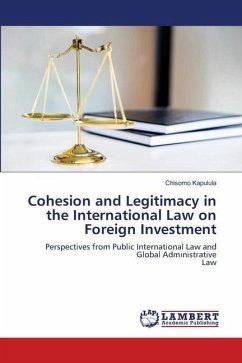Like the law, jurisprudence is a source of law. Indeed, the law is sometimes incomplete, imprecise, and silent, and the judges must decide and decide by means of a rule of law which does not result from any text, or which is derived from an interpretation of this text or which is adapted from it. In common law countries, case law plays a particularly important role because the decisions of the courts of appeal are binding on lower courts hearing other cases, and those same courts of appeal are bound by their own judgments. This rule comes from the Latin phrase stare decisi ("to stand by the decision"). In contrast, countries with a Romano-Germanic tradition are very reluctant to attach importance to case law. This difference stems from the desire of these legal systems not to allow the courts to create law, but to leave this function to the legislature.
Bitte wählen Sie Ihr Anliegen aus.
Rechnungen
Retourenschein anfordern
Bestellstatus
Storno








